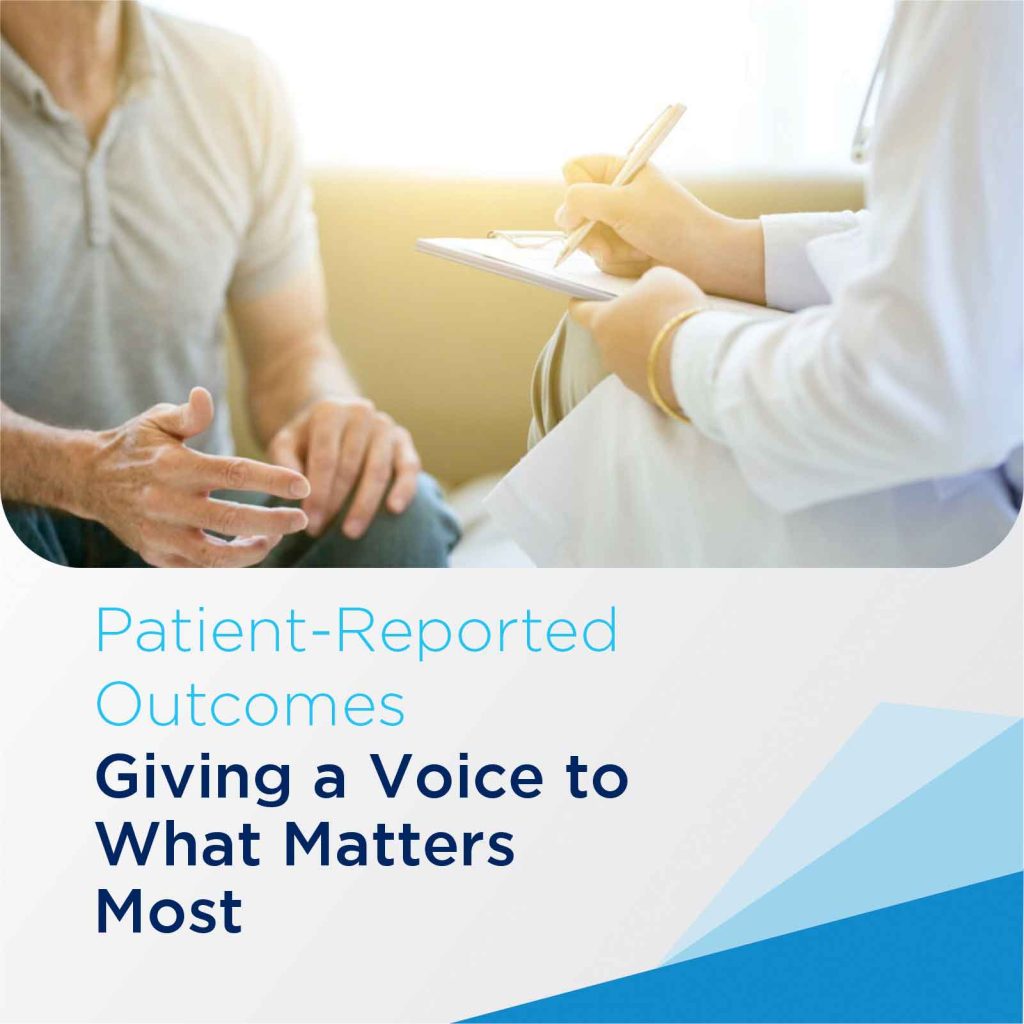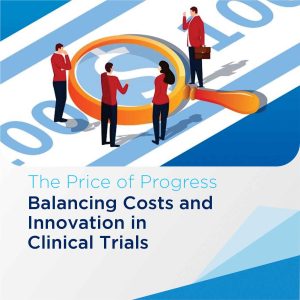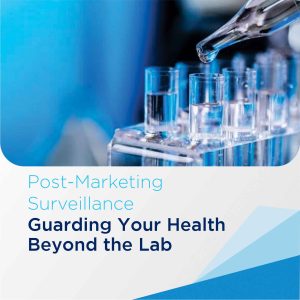Imagine you’re testing a new medicine for headaches. Sure, we could measure things like how quickly it stops the pain, or how many pills you need to take. But there’s more to it than that, right? How about how the medicine makes you feel? Does it leave you dizzy or tired? Does it affect your ability to work or spend time with loved ones? These are all important questions, and they’re where patient-reported outcomes (PROs) come in.
Think of PROs as a megaphone for patients in clinical trials. They let them share their experiences in their own words, not just through numbers on a chart. This information is like a missing puzzle piece, giving researchers a complete picture of how a treatment truly affects people’s lives.
So, why are PROs so important?
- They capture what doctors might miss: Doctors are great at measuring physical aspects of health, but sometimes they overlook how a treatment impacts patients’ daily lives. For example, a medicine might reduce pain, but it could also make you feel anxious or unable to focus. PROs capture these hidden effects.
- They tell the whole story: Numbers are important, but they don’t tell the whole story. PROs provide context and meaning to clinical trial results. Did a medicine improve someone’s quality of life? Did it make them feel more hopeful about their future? These are the things that matter most to patients, and PROs capture them.
- They empower patients: PROs give patients a voice in their own care. They’re not just subjects in an experiment; they’re active partners in research. This sense of participation can improve their overall experience and even enhance the effectiveness of the treatment.
- They guide future research: By understanding what matters most to patients, researchers can design better clinical trials in the future. They can focus on treatments that improve not just physical health, but also quality of life and overall well-being.
How are PROs collected?
There are many ways to gather PROs. Patients might fill out questionnaires about their symptoms, mood, and daily activities. They could use smartphone apps to track their experiences in real-time. Some trials even use interviews or focus groups to get deeper insights into patients’ perspectives.
The bottom line is this: PROs are more than just a fancy add-on to clinical trials. They’re a crucial piece of the puzzle, giving researchers and patients a more complete picture of how treatments work. By amplifying patient voices, PROs are helping to shape the future of medicine, one trial at a time.
Remember:
- PROs are about capturing the patient experience, not just physical results.
- They provide valuable information that doctors and researchers might miss.
- They empower patients and give them a say in their own care.
- They help develop better treatments that focus on patient well-being.
So, the next time you hear about a clinical trial, ask if they’re using PROs. It’s a sign that the researchers are truly listening to patients and trying to understand what matters most to them.
This blog is just a starting point. You can expand on it by including:
- Specific examples of PROs used in different types of clinical trials.
- Quotes from patients about their experiences using PROs.
- Information about the challenges and opportunities of using PROs.
- Links to further resources for patients and researchers who want to learn more about PROs.
By making PROs accessible and understandable for everyone, we can ensure that patient voices are heard loud and clear in the world of clinical research.








